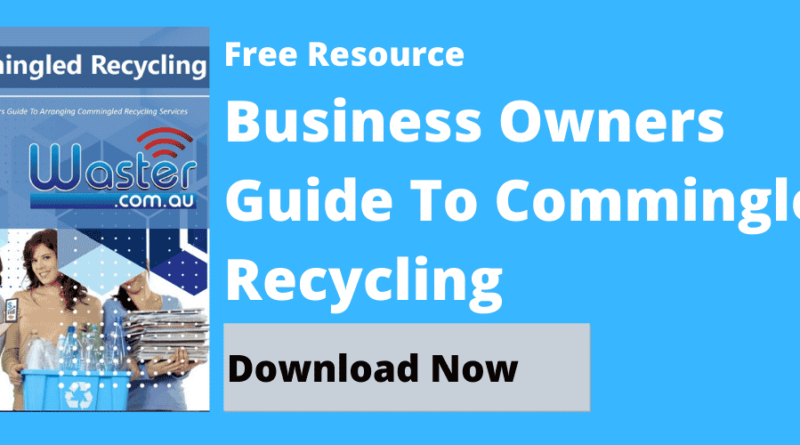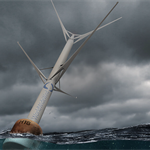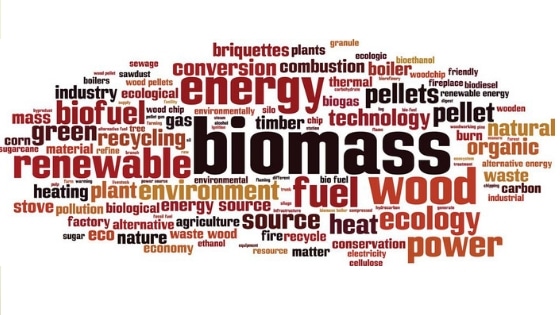Why Aluminium Bottles Are Better Vs Plastic Bottles ♻️
Energy Disrupter
Aluminium Vs Plastic ♻️: Aluminium and plastic are common materials used for beverage packaging, each with its own set of environmental considerations. When comparing the two, however, aluminium cans emerge as a more environmentally friendly option. Their high recyclability, energy efficiency in production and lightweight nature make aluminium a compelling choice. In this comparison, we’ll explore why aluminium cans stand out as a preferable and sustainable alternative to plastic bottles.
Ever since we saw that a bottle of water contains close to a quarter million nanoplastics, we’ve advocated the use of alternatives to it.
Speaking of alternatives, seeking a more sustainable alternative has become the norm for quite some time already. For example, people avoid using plastic bottles more and more and use the better alternative. Instead of using plastic bottles, which had the most environmental impact through the years, people look to purchase and consume beverages in aluminium bottles or cans.
>Download Now: Free PDF Business Owners Guide To Commingled Recycling Bin Services
Dive into our blog comparing aluminium and plastic for beverage packaging! Find out why aluminium cans are a better choice for the environment vs plastic. We break down the reasons – from easy recycling to energy efficiency.
If you’re curious about making eco-friendly choices, our blog has the insights you need. Discover how choosing aluminium over plastic can be a simple but impactful step toward a greener lifestyle. Join us in exploring practical ways to make a positive difference. Start reading now!
Here’s why aluminium is better vs plastic
In the ongoing dialogue about environmental sustainability, the choice between aluminium cans and plastic bottles for beverage packaging is a crucial consideration. The environmental advantages of aluminium cans over plastic bottles are multifaceted and span various stages of their lifecycle.
Recyclability of aluminium vs plastic
One of the primary reasons aluminium cans are celebrated for their environmental friendliness is their recyclability. The efficiency of aluminium recycling surpasses that of plastic, contributing significantly to a circular economy.
Efficiency: Aluminum is highly recyclable, and the recycling process is remarkably efficient. Aluminium cans can be recycled indefinitely without compromising quality. In contrast, plastic recycling processes, especially for certain types of plastics, can be less energy-efficient, often requiring more resources.
Energy Savings: The energy savings associated with aluminium recycling are notable. Compared to the energy-intensive production of aluminium from raw materials like bauxite ore, recycling aluminium demands considerably less energy. This reduction in energy consumption contributes to a more sustainable and environmentally conscious approach to manufacturing.
Material properties
Aluminium boasts material properties that make it an appealing choice for beverage packaging, particularly when compared vs plastic.
Durability: Aluminum’s inherent durability surpasses that of plastic, providing robust protection for the contents within. This durability translates into a lower likelihood of damage during transportation and storage, potentially reducing overall waste.
Preservation: Aluminum is impermeable to light and oxygen, offering superior preservation for the quality and freshness of its contents, such as beverages. This property is especially advantageous when compared to plastic, which may allow for light and oxygen permeation, potentially compromising the product.
Environmental impact of production
Examining the environmental impact of the production process sheds light on the sustainability of aluminium and plastic.
Extraction and Refining: The production of aluminium involves mining bauxite ore and refining it, processes that can have environmental consequences. However, ongoing advancements in technology and the implementation of sustainable mining practices aim to mitigate these impacts over time.
Oil Dependency: Plastic production heavily relies on the extraction and refining of oil, a non-renewable resource. This process not only contributes to environmental issues but also exacerbates concerns related to habitat destruction and the release of greenhouse gases.
Aluminium vs plastic: transportation
Transportation plays a pivotal role in the environmental impact of both aluminium cans and plastic bottles.
Weight: Aluminum’s lighter weight compared to plastic makes aluminium cans more fuel-efficient to transport. This weight advantage results in lower carbon emissions during transportation, contributing to a reduced environmental footprint.
Aluminium vs plastic: End-of-life impact
Considering the end-of-life impact is crucial in understanding how each material interacts with the environment after its intended use.
Persistence in the Environment: Plastic waste, particularly single-use PET bottles, can persist in the environment for extended periods, contributing to pollution. In contrast, aluminium, being a metal, does not share the same longevity in the environment, making it a more environmentally friendly option in terms of end-of-life impact.
Consumer perception and behaviour
Consumer choices and behaviours play a significant role in shaping the overall environmental impact of aluminium and plastic packaging.
Recycling Rates: Aluminium cans often enjoy higher recycling rates compared to plastic bottles. Increased consumer awareness and robust recycling infrastructure can influence and amplify the positive environmental impact of aluminium.
Waster’s final thoughts on aluminium vs plastic
In conclusion, the environmental benefits of aluminium cans vs plastic bottles underscore the importance of mindful consumption and waste management practices.
Whilst aluminium shines in terms of recyclability, durability, and energy efficiency, local infrastructure and waste management systems play a crucial role in realizing these advantages. Embracing sustainability involves not only choosing aluminium but also actively participating in reducing overall consumption.
Prioritising recycling and supporting initiatives to improve waste management further amplifies the positive impact of environmentally conscious choices.
Moreover, considering reusable alternatives whenever feasible is a powerful step toward minimising the environmental footprint associated with beverage packaging.
By collectively adopting these practices, individuals contribute to a more sustainable and eco-friendly future, where responsible choices pave the way for a cleaner and healthier planet.
Contact Waster right now for your waste and recycling needs now!
Does your Australian-based business need waste and recycling services? If so, then you have come to the right place!
Please call 1300 WASTER (1300 927 837). You can also email us at info@waster.com.au or enquiries@waster.com.au if you have further questions. Find the best deals in terms of waste and recycling pricing and services!

















